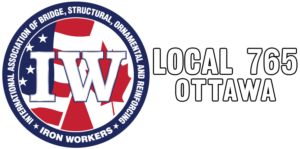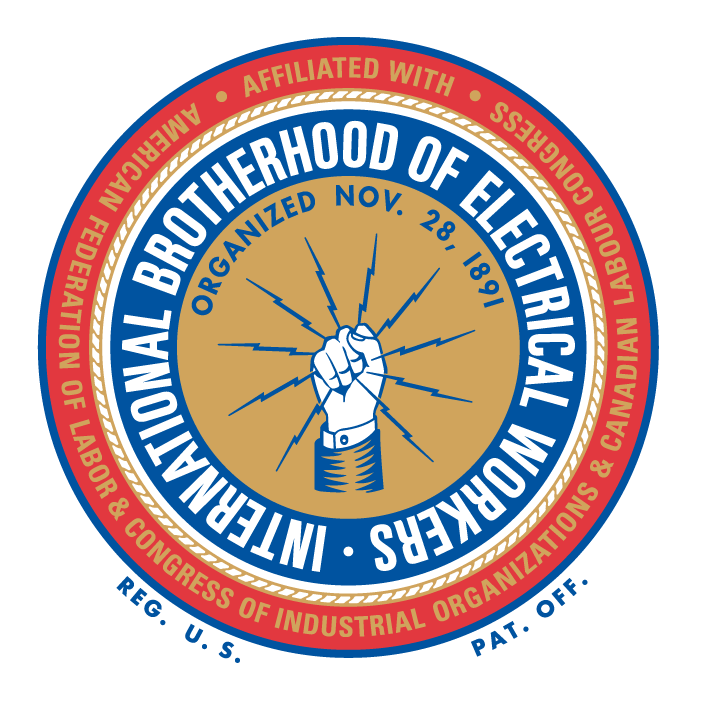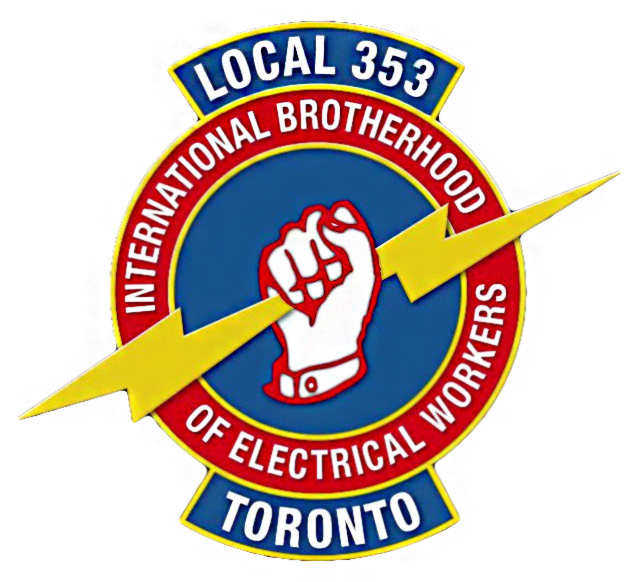Choose the Trades
The skilled trades present numerous career options to consider and pursue. Starting with hands-on experience is just the beginning;
where the trades lead, is up to you!
Work on the Tools
Working ‘on-the-tools’, means you’re working on the job – You’re onsite and taking part.
Making a great income isn’t the only benefit of a trade – you’re building homes and communities.
The construction skilled trades offer loads of options for growth and development. Check out what skills, entry requirements and responsibilities candidate for success.
Advance in the Organization
Showing up for work is only half the journey.
Consider the opportunities for professional development and enhanced training supported by the Unionized Construction Sector.
Ongoing upgrading and continuing education ensures that you stay and remain relevant within your organization and beyond.
Go Beyond the Tools
Get into estimating, be a site supervisor, try your hand at safety, specialize in welding – Be so good that people will ask for you by name.
Many career paths are in demand and only possible for people with a skilled trades background.
This video series aims to illustrate that there is more than one path to a rewarding and fulfilling career, with opportunities are around any corner.
True or False?
Hover over the box to reveal the answer
Tradespeople rely on Creative-Problem Solving while Working
Les gens de métier s'appuient sur la créativité et la résolution de problèmes dans le cadre de leur travail
True!
Working in construction allows you to tackle unique challenges daily, honing your problem-solving skills and fostering a sense of accomplishment.
Skilled Trades are for Those Who Couldn't Succeed Academically
Les métiers qualifiés sont destinés à ceux qui n'ont pas pu réussir à l'école
False!
This myth is baseless. Skilled trades require a different skill set from traditional academic paths but are equally valuable. They demand problem-solving skills, technical know-how, and creativity, attracting individuals passionate about hands-on work and practical application.
Skilled Trades are Dirty and Unsafe
Les métiers qualifiés sont sales et peu sûrs
False!
Despite certain challenges, skilled trades aren't universally dirty or unsafe. Stringent safety regulations and employer concern for worker well-being prevail. Technological advancements enhance safety and efficiency. Skilled trades encompass various industries, prioritizing cleanliness and safety, including healthcare, technology, and construction.
Tradespeople have an Immense sense of Pride in their Careers
Les gens de métier sont extrêmement fiers de leur carrière
True!
Knowing your hard work results in physical changes in your environment is a huge effect on you. There is no other feeling like knowing your work makes a difference.
Today's Journeyperson Become the Mentors for the Next Generation
Les compagnons d'aujourd'hui deviennent les mentors de la prochaine génération
True!
By choosing a career in the construction skilled trades, you become a role model for future generations.
Skilled Trades Lack Opportunities for Advancement
Les métiers qualifiés manquent de possibilités d'avancement
False!
Skilled trades offer clear paths for advancement. An apprentice can become a journeyman and then a master craftsman, each step bringing more responsibilities and earning potential. Skilled workers can also move into supervisory roles, project management, or start their own businesses.
Skilled Trades are Low-Paying Jobs
Les métiers qualifiés sont des emplois peu rémunérés
False!
It's a common misconception. Skilled trades like plumbing, electrician work, and welding offer competitive salaries, requiring less time and expense for training than traditional degrees. With experience and specialization, skilled workers can earn significant incomes.
There is Job Security in the Construction Skilled Trades
La sécurité de l'emploi est assurée dans les métiers qualifiés de la construction
True!
Construction skilled trades are essential to infrastructure projects, home building, and maintenance, providing a stable career path with consistent demand.
Meet Julie D'Altroy
Provincial Organizer with the International Brotherhood of Electrical Workers, Construction Council of Ontario.
Julie was inspired to become an Electrician after working in a hardware store. With words of encouragement from one of her teachers, Julie completed her GED to make her dream a reality.
Julie contacted her local Union hall, expressed her interest, and eventually they called her back to begin her apprenticeship as a Electrician with IBEW 353, Toronto.
Julie worked as a Red Seal Electrician for 14 years, spending most of her career doing residential housing, all along getting more involved in the organization side of the Union.
She then had an opportunity to be a Union Organizer for IBEW 353, Toronto.
She became the first female organizer in 353’s history, which was founded back in 1903!
Julie has recently moved positions, becoming a Provincial Organizer through the IBEW Construction Council of Ontario.
As an Union Organizer, Julie meets with various workers and helps them organize and become a Union shop. This ensures fair wages, pension and benefits, better training, and additional supports the union offers.
"I'm just excited to see more females in the trade more then ever - its something people never considered before."
Julie, as a member of IBEW’s Women’s Committee, is always eager to share her experiences and welcome the next generation of Tradeswomen to the job.
"I want to help my members and people looking to get in that it's not just a job it's a career and a good one"
Meet Kent MacDonald
Vice President and Coordinator of Training and Apprenticeship with the International Association of Bridge, Structural, Ornamental and Reinforcing Ironworkers, Local 765 Ottawa.
Kent’s plan was to become an Engineer after graduating college. He took on several hands-on jobs ranging from landscaping, construction, and working for a HVAC company.
While playing Hockey, one of his teammates suggested that he join the Union as a Welder.

Kent explored his options and eventually decided to join the Ironworkers Union. He got involved with the training side and became a Welding instructor for the shop.
Kent then went on to becoming the Apprenticeship and Training Coordinator for his Local.

Kent ran and was elected as Vice President for Local 765 Ottawa, overseeing recruitment and training for his members.
Kent supports local community initiatives, engaging with industry partners, and supporting other divisions as needed.
"The most challenging thing for me was not knowing what I wanted to do my whole life. Had I known about Ironworking from High School I'd be retired with a fantastic pension right now!"
Kent, always eager to share his experiences and how they shaped his own career path.
"It's never too late to try something new, until you find what you like. Gather skills and knowledge at every chance to make yourself more employable."
We would like to thank our influencers, Kent MacDonald and Julie D’Altroy, the Ironworker and IBEW Unions, as well as everyone else who made this project possible.



This Employment Ontario project was funded in part by the Government of Canada and the Government of Ontario.


